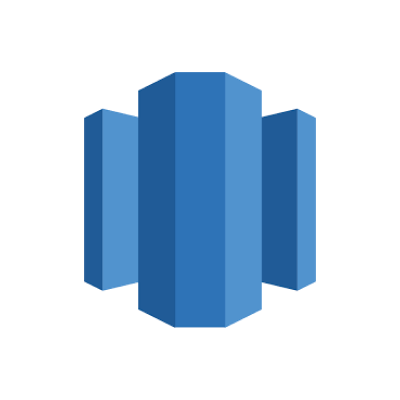Compare - Databricks VS Anomalo
Here’s the difference between Databricks and Anomalo. The comparison is based on pricing, deployment, business model, and other important factors.
About Databricks
Databricks provides a data lakehouse that unifies your data warehousing and AI use cases on a single platform. With Databricks, you can implement a common approach to data governance across all data types and assets, and execute all of your workloads across data engineering, data warehousing, data streaming, data science, and machine learning on a single copy of the data. Built on open source and open standards, with hundreds of active partnerships, Databricks easily integrates with your modern data stack. Additionally, Databricks uses an open standards approach to data sharing to eliminate ecosystem restrictions. Finally, Databricks provides a consistent data platform across clouds to reduce the friction of multicloud environments. Today, Databricks has over 7000 customers, including Amgen, Walmart, Disney, HSBC, Shell, Grab, and Instacart.
About Anomalo
Anomalo is a cloud-based data validation and documentation software solution provider. The features of the solution include document validation without code, search table, column & metric in a data warehouse, etc. It also provides web and slack notifications, tailored data analyses, visualizations & statistical summaries, secure deployment, etc.
Comparison Table
| Overview | ||
|---|---|---|
| Categories | Data Warehouses, Data Lakes | Data Quality Monitoring |
| Stage | Late Stage | Early Stage |
| Target Segment | Enterprise, Mid size | Mid size |
| Deployment | SaaS | SaaS |
| Business Model | Commercial | Commercial |
| Pricing | Freemium, Contact Sales | Contact Sales |
| Location | San Francisco, US | US |
| Companies using it | ||
| Contact info |
Add to compare
